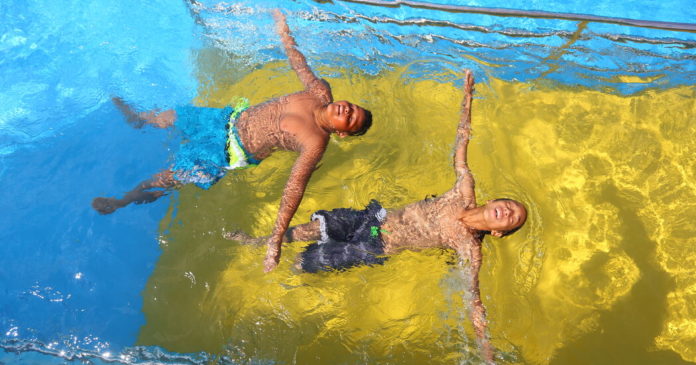
Not every child will thrive at summer camp, and there are plenty of other ways to enjoy the outdoors and gain the benefits that come with socialization and play.
But if America wanted to, it could make summer camp accessible to every child who wanted to go.
There are camps that can serve nearly every child with every interest: camps for children who love to play sports or want to learn how to sail or ride horses, camps that offer weeks of backpacking along the Appalachian Trail or through the Utah desert, camps for children who have disabilities or are battling cancer or are experiencing homelessness.
Mr. Rosenberg said day camps range in cost from free to more than $200 per day and overnight camp prices range from free to more than $500 per day. Though scholarships and reduced fees are available at most camps, the experience remains out of reach for many, many families. To scale up, summer camp operators say they need a dedicated funding stream, more philanthropic aid and help with staffing.
No one is suggesting that a few weeks of summer camp is a cure-all. But researchers, educators and parents say the kind of experiences summer camp can provide — a safe, healthy space to play with children who are different from them and to build confidence in the great outdoors — can change children’s lives.
“Play is powerful medicine,” said Deborah Vilas, a faculty adviser and instructor and an expert in child-centered play at Bank Street College in Manhattan. “I want grown-ups to know that play is necessary. It’s not frivolous. It’s not in place of learning. It is learning.”
Much of the concern around the pandemic has centered, understandably, on learning loss. But robust academic research suggests play is also an essential part of child development, aiding in empathy, healthy relationships, survival skills and self-regulation. The United Nations Convention on the Rights of the Child considers play an intrinsic right.
Like so much of American life, access to safe and healthy spaces to play is unequal and especially disadvantaging to Black and Latino children. One study, commissioned by Hispanic Access Foundation and the Center for American Progress, found that nearly three-quarters of minorities in the contiguous United States live in communities that lack access to nature that includes clean air and water and a diversity of wildlife. Some funding for summer enrichment and after-school programs — at least $1.2 billion — was included in the $1.9 trillion Covid relief package last year.







